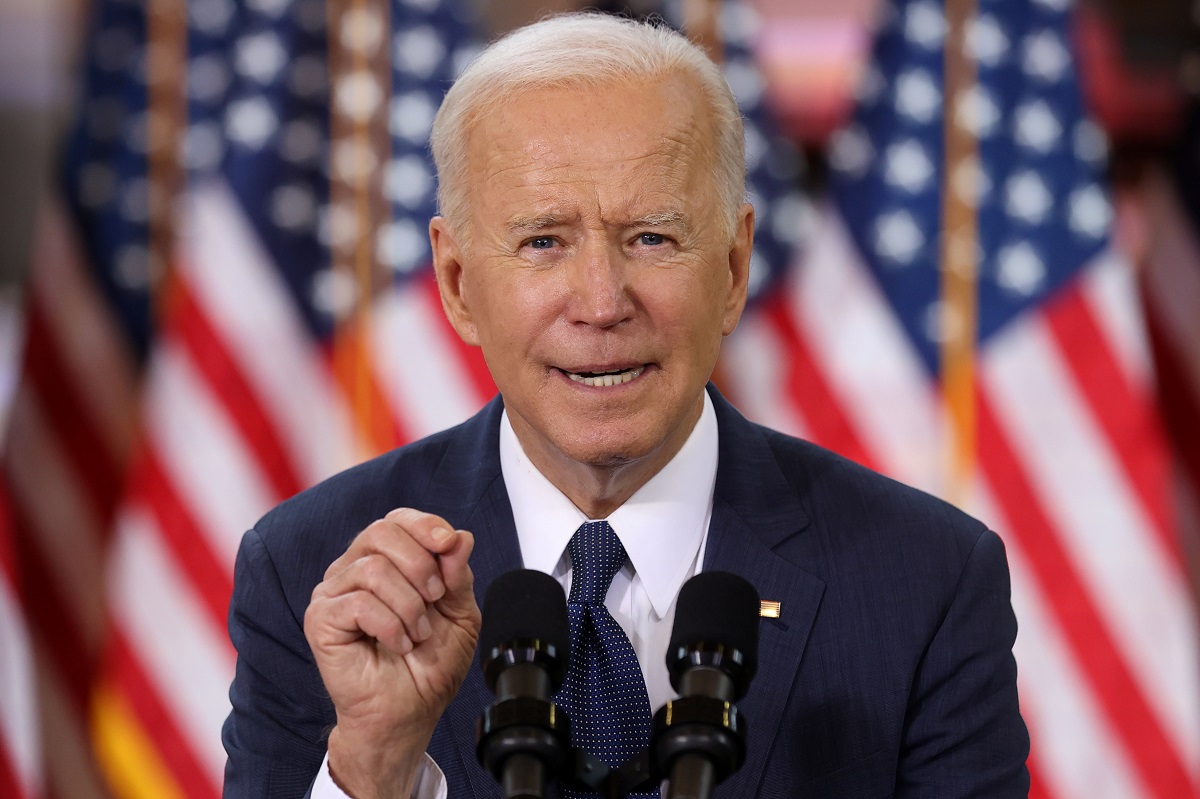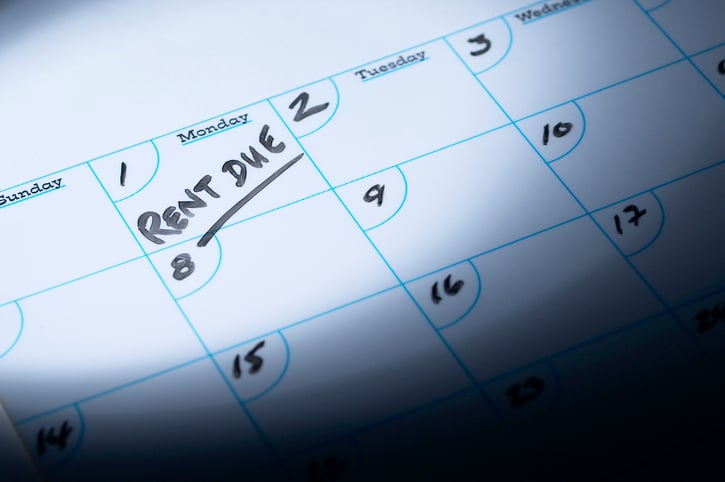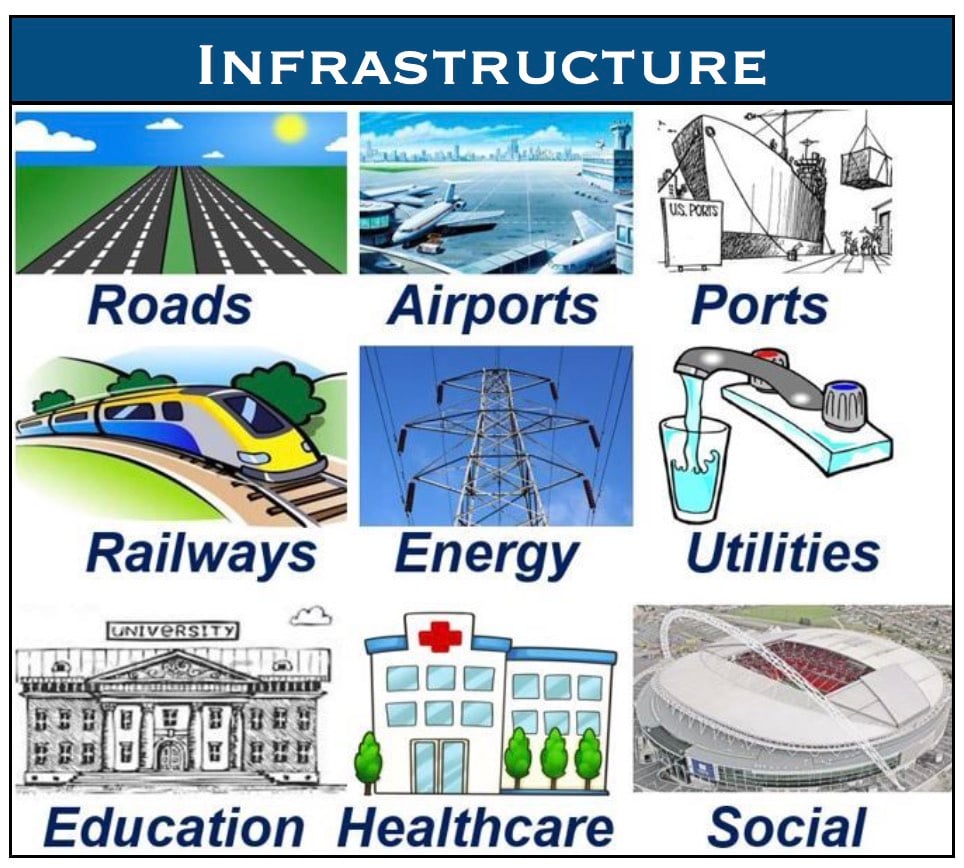"
What is infrastructure? Definition and examples
Infrastructure refers to the basic systems and services that a country or organization needs in order to function properly. For a whole nation, it includes all the physical systems such as the road and railway networks, utilities, sewage, water, telephone lines and cell towers, air control towers, bridges, etc.,
plus services including law enforcement, emergency services, healthcare, education, etc.
...
What exactly does infrastructure mean?
Choate’s and Walter’s publication triggered crisis discussions and the increase in infrastructure asset management and maintenance planning in the United States.
However, public-policy discussions had one glaring obstacle – there was not a precise definition for the term.
In a paper –
Infrastructure for the 21st Century – the US National Research Council sought to clarify the meaning of ‘public works infrastructure’ with the following comment:
“… both specific functional modes – highways, streets, roads, and bridges; mass transit; airports and airways; water supply and water resources; wastewater management; solid waste treatment and disposal; electric power generation and transmission; telecommunications; and hazardous waste management – and the combined system these modal elements comprise.”
“A comprehension of infrastructure spans not only these public works facilities, but also the operating procedures, management practices, and development policies that interact together with societal demand and the physical world to facilitate the transport of people and goods, provision of water for drinking and a variety of other uses, safe disposal of society’s waste products, provision of energy where it is needed, and transmission of information within and between communities.”
In Keynesian economics, the term ‘infrastructure’ referred only to public assets that facilitate production – it did not include private assets of the same purpose.
In post-Keynesian times, however, the term has become more and more popular. Its meaning has also widened, and today includes the internal framework in any technology system or business organization.
Hard Infrastructure refers to the large physical networks and facilities we need for a modern industrial nation to function, including bridges, roads, railways, power plants, etc.
Soft Infrastructure includes all the institutions we need to maintain the economy, health and cultural and social standards of a nation, such as the education, finance and health systems, law enforcement, emergency services, and the system of government.
"
Infrastructure refers to the basic systems and services that a country or organization needs in order to function properly. For a whole nation, it includes all the physical systems such as road and railway networks, utilities, sewage, water, telephone lines and cell towers, air control towers...

marketbusinessnews.com





